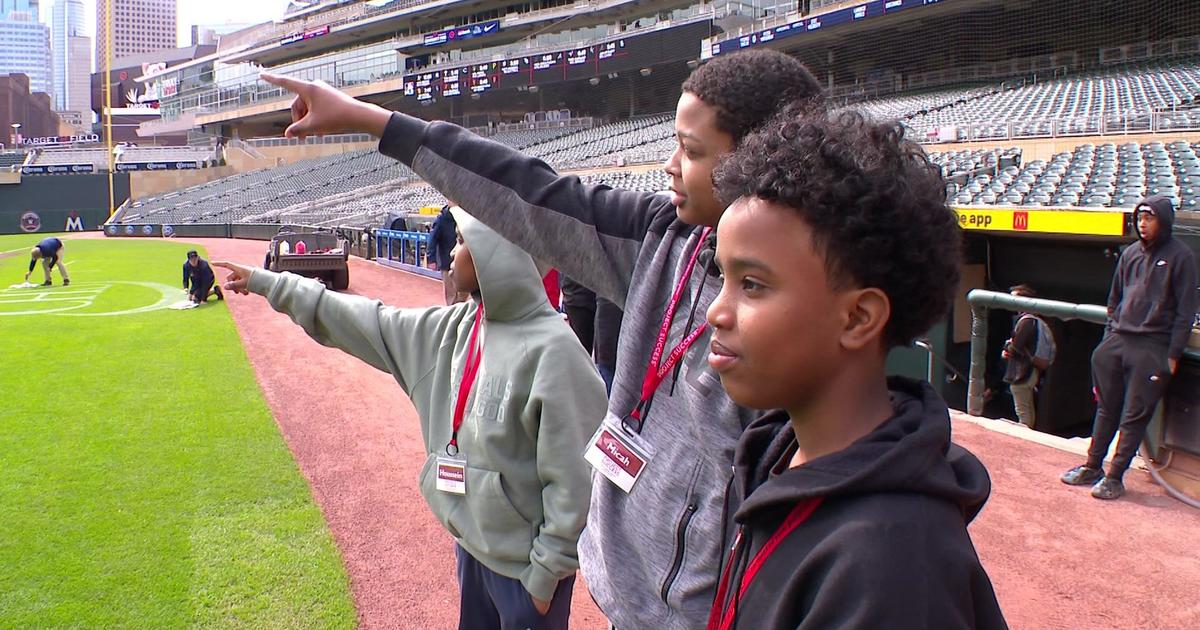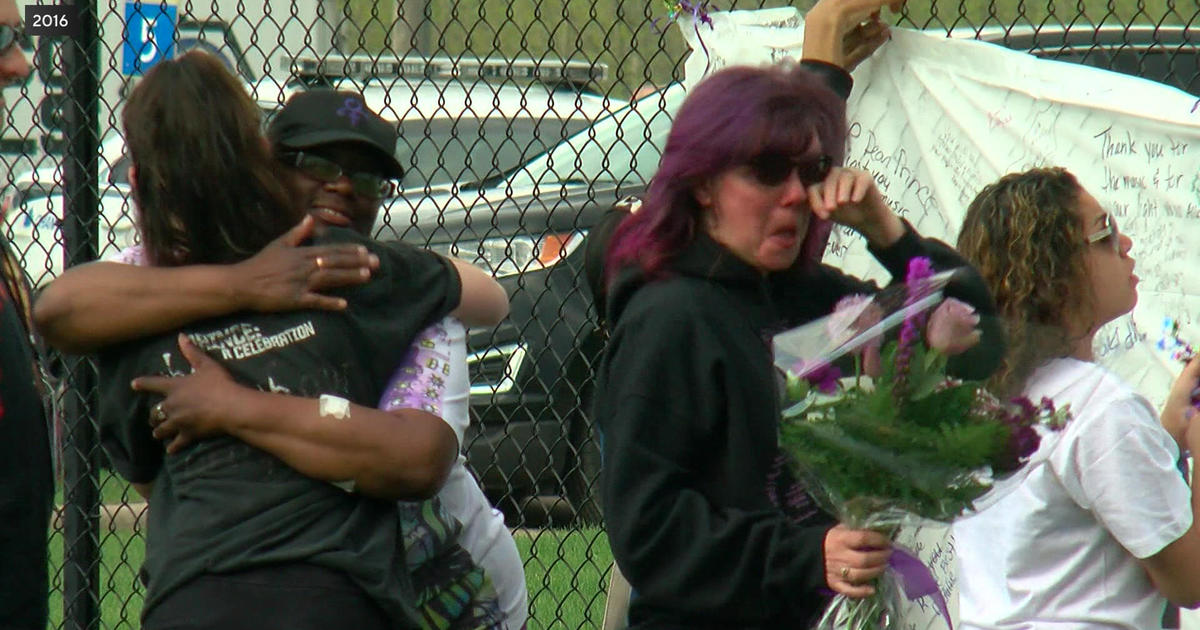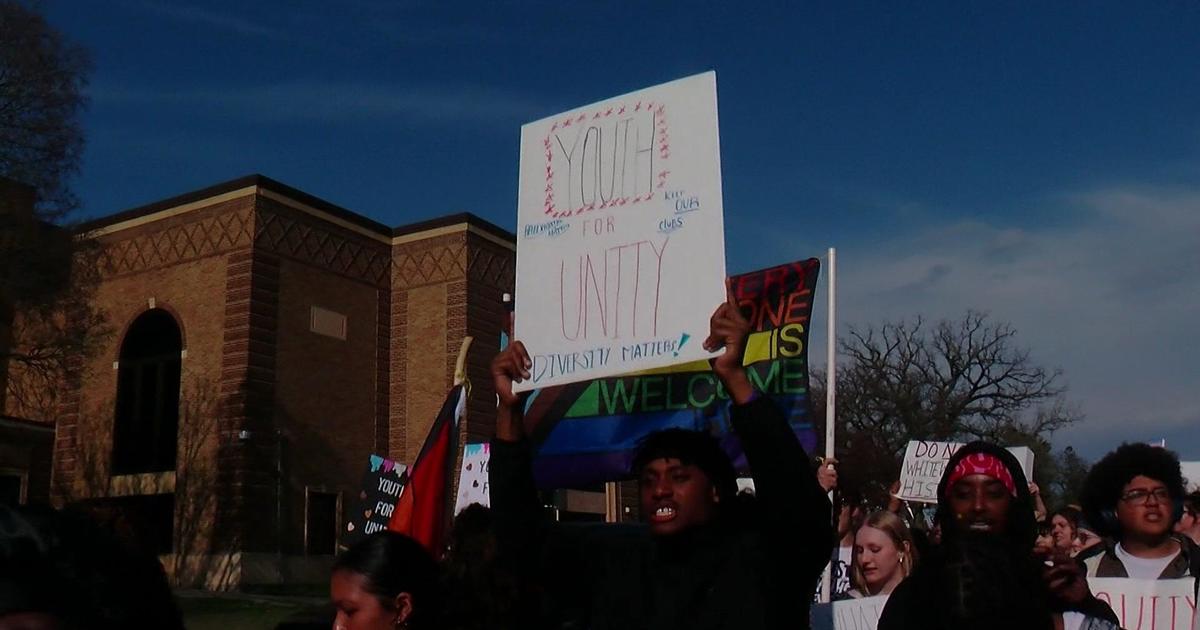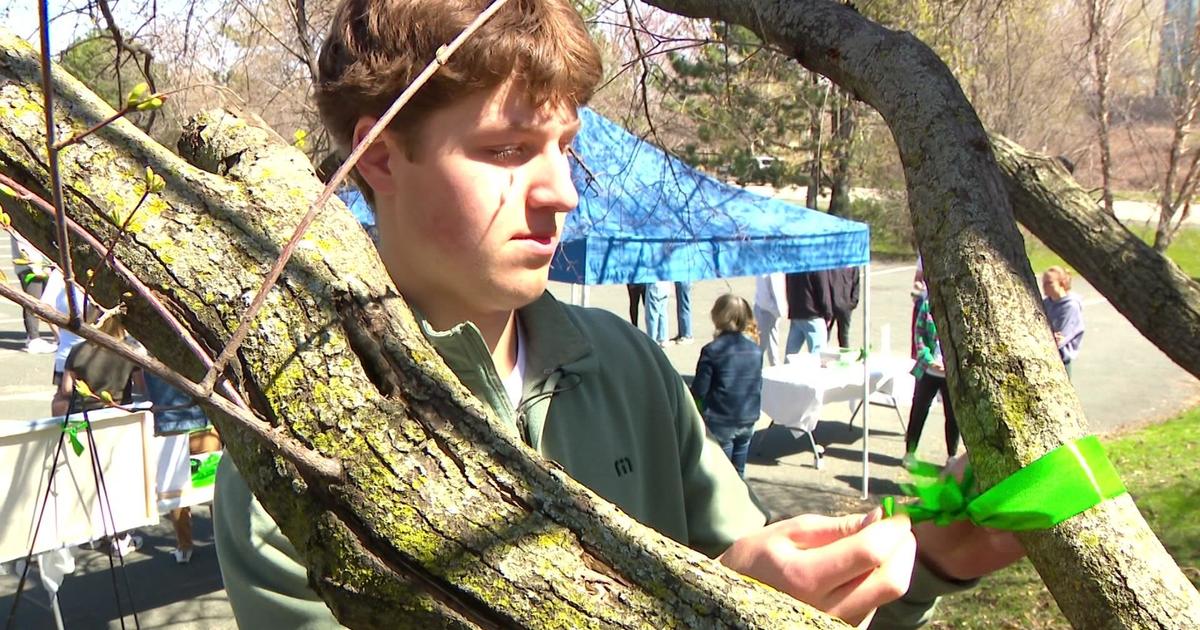Needle Exchange Programs Save Lives, But May Have Unintended Consequences
MINNEAPOLIS (WCCO) -- On Thursday, we showed you how hundreds of drug needles are littering Minneapolis streets. The city health department and the mayor acknowledge it's a real problem.
So where do the syringes come from? Some get handed out by exchange programs. To stop infections, they give users clean needles for free.
Only on WCCO, Erin Hassanzadeh explains why the work of saving lives may be creating unintended consequence in the process.
RELATED: 'I Lost Count At 60': Neighbors, Firefighters Clean Up Used Needles In Minneapolis As Problem Grows
Trading hours at the Indigenous Peoples Task Force in the Phillips neighborhood start at 1 p.m. These people are trading used syringes for clean ones. Most are using heroin or meth.
"The heroin use has skyrocketed," said Abiel Gebrehiwot, with the Indigenous Peoples Task Force syringe exchange program.
It's a one-to-10 exchange rate. Workers can give out as many as 100 needles per person per day.
"I'd rather them be safe from HIV and hep C than to be reusing and or using other peoples," task force worker Mo Mike said.
They've handed out nearly 90,000 syringes over the past year, but only got two-thirds of them back.
"We'll walk around the neighborhood twice a day and go collect any syringes or any caps or any other utensils that we might find," Gebrehiwot said.
Minneapolis Mayor Jacob Frey admits needle littering a growing problem that no one is specifically assigned to take care of right now.
"We need to be picking the things up we need to make sure our neighborhoods are clean," Frey said.
But it's more than just syringes. Workers like Mo Mike connect clients to treatment and gives them safe disposal containers, Narcan and Fentanyl testing strips. These handouts save lives and stop the spread of disease.
The Narcan kits they've passed out reversed at least 325 opioid overdoses over the past year alone, but this group is aware that their work can have unintended consequences and they want to fix it.
"We want our neighbors and our community to be safe and that's really the goal," Gebrehiwot said.
There are many exchange programs that give out and collect hundreds of thousands of needles over the course of a year.
If you find used needles in your area, call 311.
Sharps disposal FAQ links:



